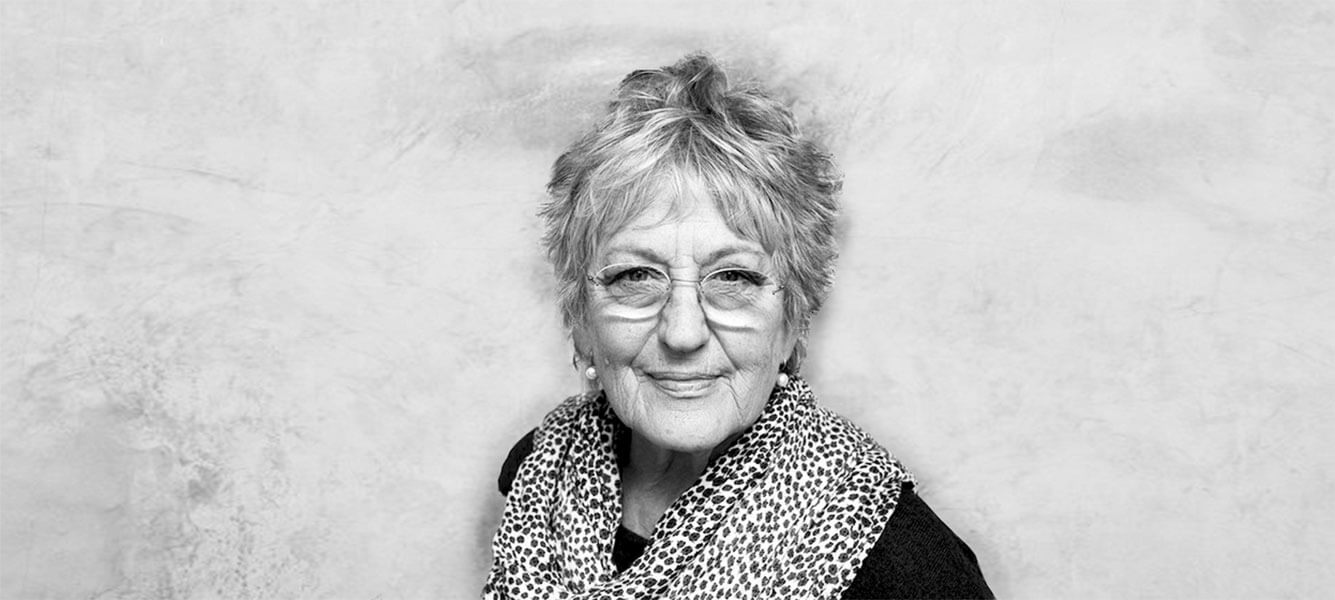
Australia’s ethical obligations in Afghanistan
Opinion + AnalysisPolitics + Human Rights
BY Simon Longstaff The Ethics Centre 1 SEP 2021
After 20 years of waging war in Afghanistan, the United States and its allies (including Australia) have withdrawn from the field – leaving the Taliban back in power.
The temptation is to label this outcome a resounding defeat. But how does one judge in such matters? Perhaps the Taliban of 2021 has learned, over the past 20 years, how to be better governors of Afghanistan – at least better than they were in the period leading up to 2001; and better than the series of governments that have muddled along in the interim. Perhaps the quality of the peace that will now prevail in Afghanistan will be better than that which would have otherwise existed if no war had been fought. If so, then the loss may not be as great as first thought.
Countries like Australia will need to act on their obligation to stay the course and help the Afghan people as best as they can.
Yet, if this possibility is ever to amount to something more than a feeble dream, then those who fought war need to do more than ‘hope for the best’. Rather, countries like Australia will need to act on their obligation to stay the course and help the Afghan people as best as they can.
Some might challenge the idea that Australia is bound by any obligation to the Afghans. After all, it might be said, have we not already invested a small fortune in treasure? Have we not already sent our sons and daughters to shed blood and to die under the Afghan sun?
My answer begins with the simple truth that, for the most part, we found ourselves expending blood and treasure for our own benefit – and not, primarily, for the good of Afghanistan. Much as we might be comforted by the rhetoric of ‘noble causes’ and ‘high ideals’, when it comes to the realpolitik of statecraft, our politicians send our forces into harm’s way in service of what they plainly believe to be the national interest. As has so often been the case, we went to war to support our most important ally, the United States of America. We went to war so that we could sleep more soundly in our beds – by blunting the edge of terrorism. So, our arrival in Afghanistan (and all that followed) was not driven by an overarching desire to improve the lives of Afghans.
Of course, we also aimed to do some good – and indeed we did. Many Afghans have led better lives due to Australia’s investment in aid and development. Indeed, I have first-hand knowledge of the efforts we have gone to in helping to improve, say, the circumstances of women and girls in Afghanistan. The good we did is real. However, let’s not pretend that it was the product of altruism alone.
I have made much of the self-interest of nations because I think it is key to our understanding the ethical obligation that still binds the Australian government – despite our withdrawal.
As we know, thousands of Afghans rallied to our cause. They served as locally engaged staff in our embassy. They worked as interpreters – both in civilian and military settings. They were our partners in aid and development projects. All of these people directly enabled Australia to realise – as far as possible – its strategic objectives. They did so at considerable personal risk – openly assisting a self-declared enemy of the Taliban (and even more extreme groups like ISIS-K). This risk was exacerbated by the work they did – on our behalf – not just in areas of conflict. For example, what would a hardline opponent to women’s empowerment think of those who have worked tirelessly to achieve that outcome? Surely, those who worked to help women now have a target on their back!
It’s not just specific individuals we need to think of. Large numbers of apparently unconnected Afghans have borne the brunt of 20 years of war waged for our benefit. They were the ones maimed and killed – whether as ‘collateral damage’ or as the intended victims of fundamentalists bent on dominating and pacifying through terror.
It was shameful that our response to the growing power of the Taliban was to do ‘too little, too late’.
Given all of this, it was shameful that our response to the growing power of the Taliban was to do ‘too little, too late’. In saying this, I acknowledge that very few people predicted the speed or comprehensive nature of the Taliban victory. However, I suspect that the larger problem was that too few in government truly understood the depth of our obligation to those Afghans who have assisted us. As much as anything else, it is the sense of indifference that has led many in our armed forces to feel that we have betrayed those left behind – and to express a sense of shame on behalf of our nation.
We should have had much to celebrate. Despite the dark shadow cast by the findings of the Brereton Report, there is much to be proud of in terms of Australia’s overall contribution. That legacy is at risk of being sullied by the manner of Australia’s departure and the sense that we will do the minimum that decency requires – and then wash our hands of the whole thing, leaving our faithful collaborators to pay the price of our failure.
I mentioned before that talk of defeat may turn out to be illusory; that there is a chance that 20 years of war has led to a better future than could otherwise have been hoped for. This brings to mind an old Islamic proverb, “Trust in Allah! … but tie the camel’s leg”.
If we are to find honour, then we must not abandon our Afghan colleagues – not even now when the evacuation has been declared ‘complete’. We need to make it easy for those we left behind to secure visas. We need to ease their passage to safety. We need to continue to invest – if at all possible – in programs that improve the plight of ordinary Afghans – even while they live under Taliban rule.
That much we owe them for bearing their share of the burdens arising out of our self-interested invasion of their country.
Ethics in your inbox.
Get the latest inspiration, intelligence, events & more.
By signing up you agree to our privacy policy
You might be interested in…
Big thinker
Politics + Human Rights, Relationships
Big Thinker: Germaine Greer
Opinion + Analysis
Politics + Human Rights
Is constitutional change what Australia’s First People need?
Opinion + Analysis
Politics + Human Rights, Relationships, Society + Culture
Punching up: Who does it serve?
Opinion + Analysis
Politics + Human Rights, Relationships




